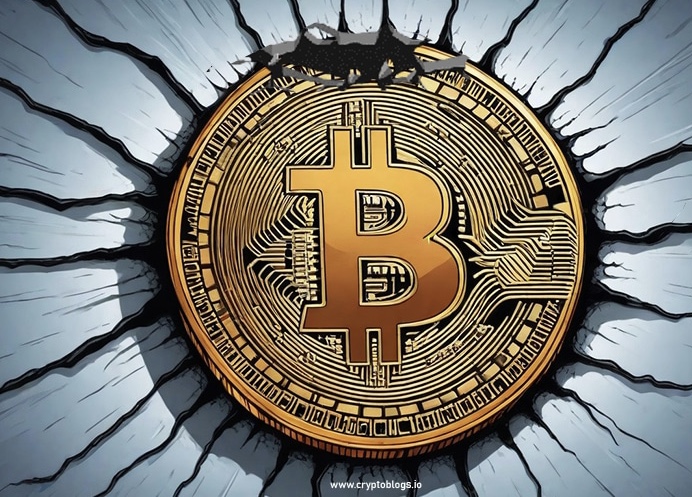Today, we’re uncovering some fascinating insights about Bitcoin and its price dynamics. It turns out, Bitcoin miners might not be the big players you thought they were when it comes to influencing BTC’s price. Instead, it’s the Bitcoin ETFs (exchange-traded funds) and centralized exchanges that hold the most sway.
According to the latest research from Glassnode, Bitcoin miners have a relatively small impact on BTC price movements during sell-offs. Despite tough times since the last block subsidy halving, which cut their rewards by 50%, miners are not the main concern for Bitcoin bulls.
Glassnode’s analysis highlights that centralized exchanges and U.S. spot Bitcoin ETFs are the true giants influencing BTC prices. These entities hold significant amounts of Bitcoin—exchanges still have over 3 million BTC, and ETFs have accumulated 887,000 BTC in assets. In contrast, miner-affiliated wallets hold around 705,000 BTC. Historically, large coin holdings have often ended up with market-neutral entities like trustees or have been seized by governments. Nowadays, institutional custodians and ETFs have taken on these roles.
When we look at weekly balance changes, miners’ balances shift by around 500 BTC, which is small compared to the changes seen by exchanges and ETFs, which can be as much as 4,000 BTC each week. This indicates that the flows through exchanges and ETFs have a market influence 4 to 8 times greater than that of miners.
Another interesting point is the recent sell-off by the German government, which distributed a substantial 48,000 BTC. Despite this massive sale, the market absorbed it well, indicating robust underlying demand and providing some relief from selling pressure.
Looking ahead, things might be looking up for miners too. The Bitcoin hashrate has been attempting to hit new highs, suggesting that profitability conditions for miners could be improving. Although miners are still in a “capitulation” phase, the total hashrate is growing, which is often correlated with positive price movements.
So, what do you think about the rising influence of ETFs and exchanges in the Bitcoin market? Is this a good sign for the future of BTC, or should we be concerned about the centralization of power? Let’s discuss!



